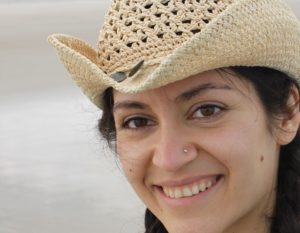
Yasaman S. Munro is a PhD candidate in the joint Wilfrid Laurier University-University of Waterloo Religious Diversity in North America doctoral program. Her doctoral research focuses on relational and material dimensions of Āyurveda and associated South Asian medical modalities unfolding in the domestic spaces of Hindu migrants in the Waterloo Region of Canada. In particular, she is tracing how the health and healing ideas and practices manifesting in these spaces are linked to those elsewhere and at other times, and what these can tell us about people’s religious and other social identities. More broadly, Yasaman’s work examines intersections between what we call “religion” and “health” from a multidisciplinary approach.
By using “vitality” in the title above, I mean to point to two aspects of the same urgent call. First, I simply mean that research methods are vital to the academic study of religion. As Stausberg and Engler suggest, “it is through methods that data and theory speak to each other and become part of a shared horizon” (2011: 11), and indeed it is still not a platitude to recall that theory, method and data can be considered three sides of that triangle we conjure, whether implicitly or explicitly,
This work is licensed under a Creative Commons Attribution- NonCommercial- NoDerivs 3.0 Unported License.
The views expressed in podcasts, features and responses are the views of the individual contributors, and do not necessarily reflect the views of The Religious Studies Project or our sponsors. The Religious Studies Project is produced by the Religious Studies Project Association (SCIO), a Scottish Charitable Incorporated Organisation (charity number SC047750).